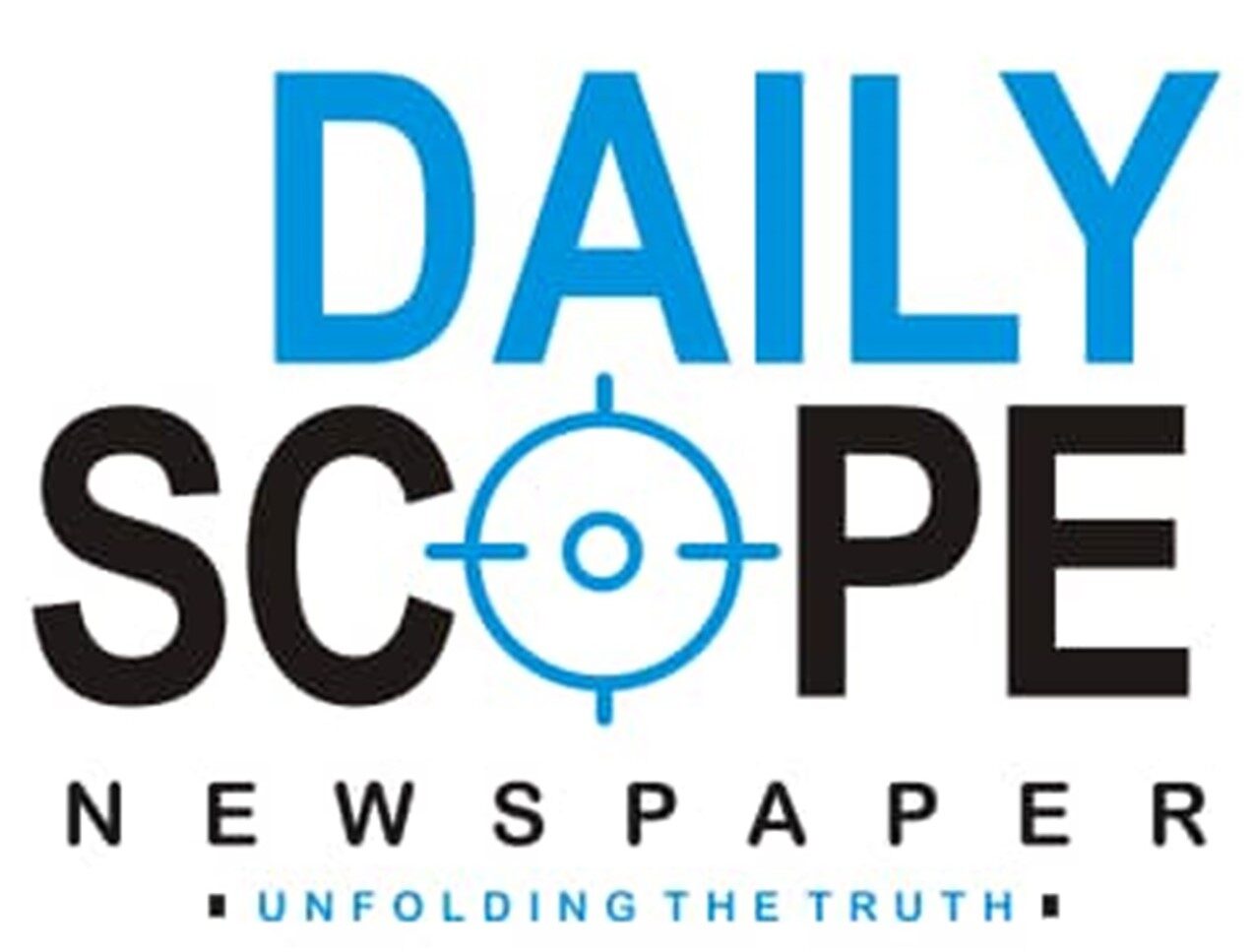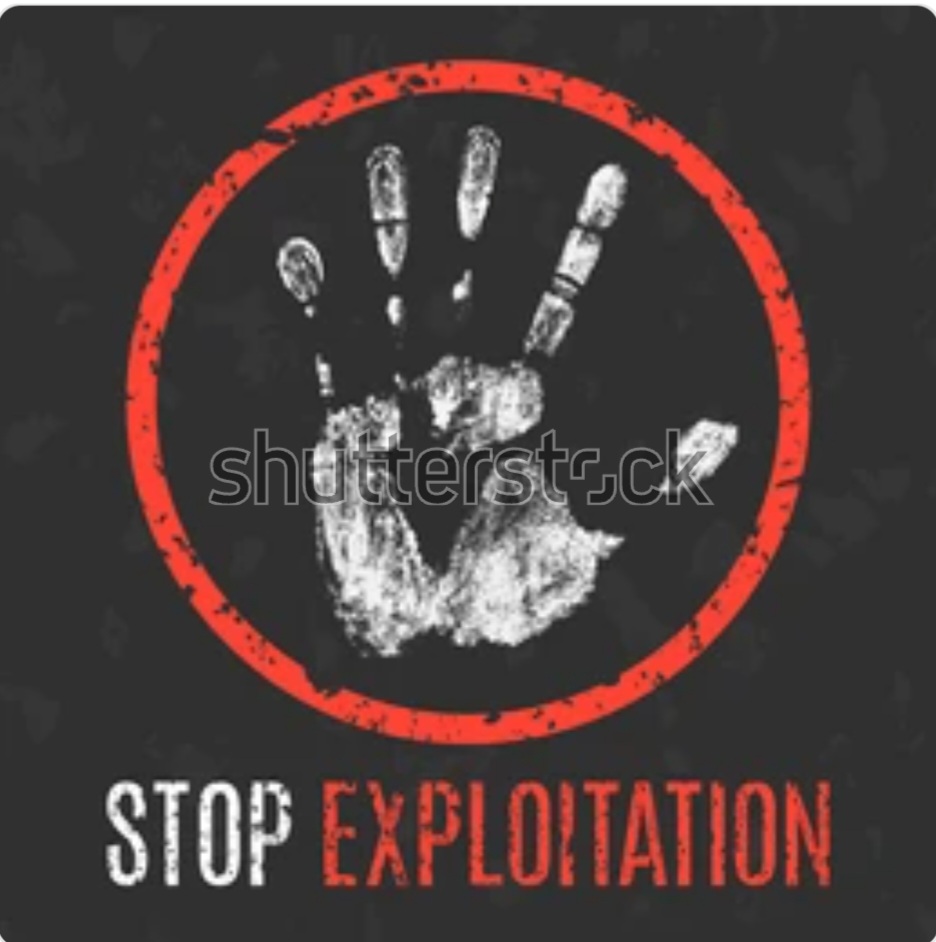By: Elizabeth A. Kaine
As Sierra Leone prepares to commemorate the second anniversary of the UN World Day for the Prevention of and Healing from Sexual Exploitation, Abuse, and Violence on November 18, the nation reflects on a pivotal journey filled with both progress and ongoing challenges. Under the leadership of President Julius Maada Bio and First Lady Dr. Fatima Maada Bio, Sierra Leone has emerged as a beacon of hope in the global fight against these pervasive issues.
This annual observance serves not just as a day of remembrance, but as a vital platform for raising awareness and fostering education about the realities of sexual exploitation and abuse. It provides an opportunity to engage in critical discussions, ensuring that these topics remain at the forefront of public consciousness. In a country still grappling with the aftermath of its tumultuous past, this dialogue is essential for creating a culture of respect and safety.
Over the past two years, significant strides have been made. There has been an encouraging increase in the reporting of sexual exploitation and abuse cases, reflecting a growing trust in support systems. More survivors are stepping forward, seeking help and justice—a testament to the efforts of advocacy groups and the government in creating an environment that encourages reporting.
The government’s commitment to establishing and reinforcing survivor-centered policies has also yielded positive results. New initiatives focused on legal support, psychological services, and education have emerged, providing essential resources for those affected. These efforts, coupled with the empowerment of civil society organizations, have been instrumental in advocating for survivors’ rights and holding perpetrators accountable.
However, the path forward is not without its obstacles. Despite the progress, a significant stigma still surrounds survivors, which can deter individuals from coming forward. Cultural norms often perpetuate silence, undermining the gains made in awareness and reporting. Additionally, while policies are being developed, the implementation of these initiatives frequently suffers from insufficient funding and resources, hindering effective responses to abuse.
Moreover, the lack of coordination among various stakeholders—government entities, NGOs, and community groups—can lead to fragmented responses. This disarray creates confusion for survivors seeking help and dilutes the impact of advocacy initiatives. As new forms of exploitation, particularly in the digital realm, continue to emerge, Sierra Leone faces the challenge of adapting its strategies to address these evolving threats.
As the nation commemorates this important anniversary, it is crucial to celebrate the strides made while acknowledging the work still required. The UN World Day for the Prevention of and Healing from Sexual Exploitation, Abuse, and Violence is a reminder of the ongoing commitment needed to build a safer, more equitable society.
Sierra Leone stands at a crossroads, with the potential for meaningful change palpable in the air. The collective efforts of the government, civil society, and the public are essential in ensuring that the lessons learned over the past two years translate into tangible results. By fostering a culture of accountability and support, Sierra Leone can create a future free from the shadows of exploitation and abuse. Together, let us reaffirm our dedication to this vital cause, ensuring that every individual can live in safety and dignity.


